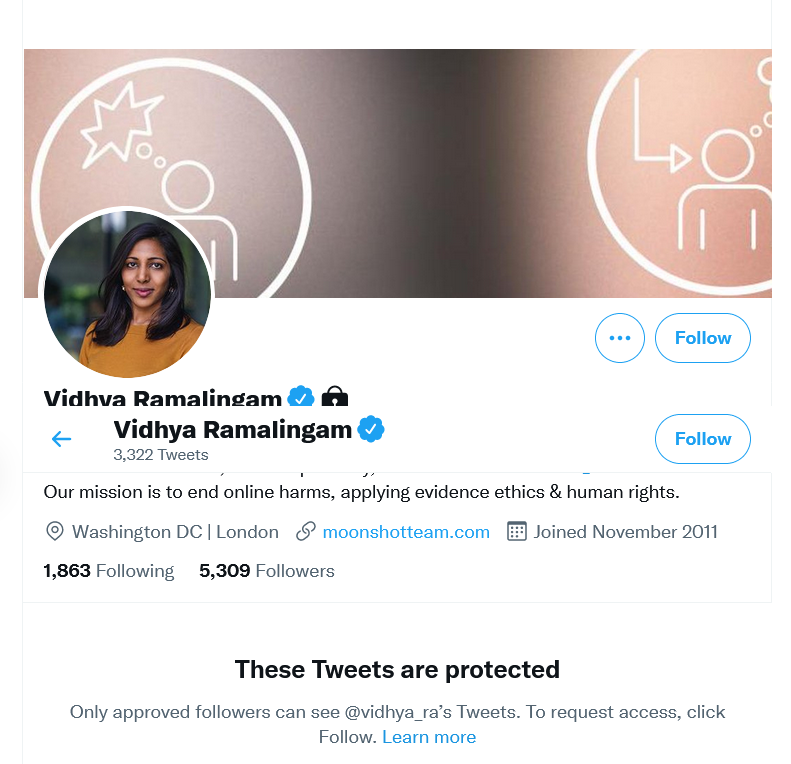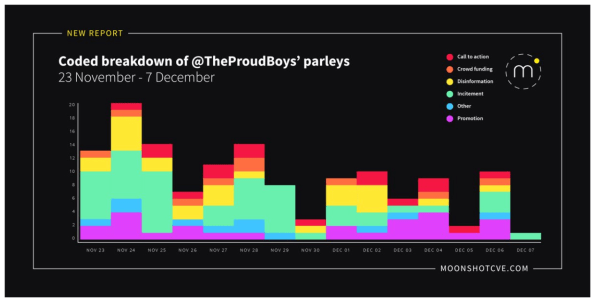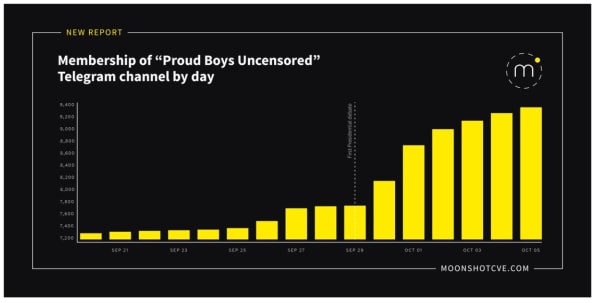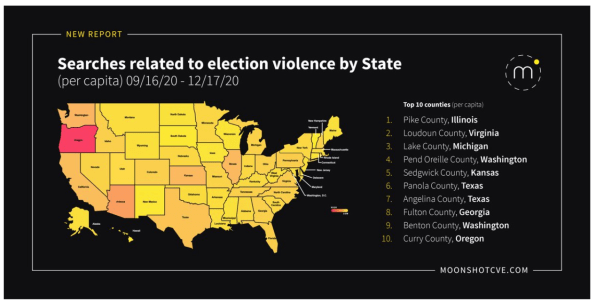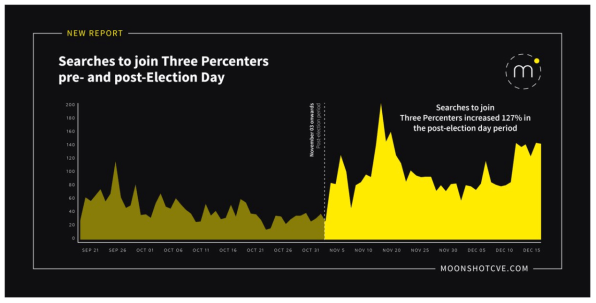Will this Biden ordered investigation within 100 days include anything from the past including what France warned us about regarding the Wuhan Lab? You be the judge…read on.
The U.S. federal government should have stopped funding research at the Wuhan Institute of Virology in 2015 when China reduced its cooperation with the French in building and operating the lab, according to the leader of an investigation into COVID-19’s origins by the State Department under the Trump administration.
In 2015, French intelligence officials warned the U.S. State Department and their own foreign ministry that China was cutting back on agreed collaboration at the lab, former State official David Asher, now a senior fellow at the Hudson Institute think tank, told the Daily Caller News Foundation.
By 2017, the French “were kicked out” of the lab and cooperation ceased, leading French officials to warn the State Department that they had grave concerns as to Chinese motivations, according to Asher.
The State Department alleged in January 2021, at the end of the Trump administration, that the Wuhan lab had engaged in classified research on behalf of the Chinese military since at least 2017.
Between October 2009 and May 2019, the U.S. Agency for International Development provided $1.1 million to the U.S.-based EcoHealth Alliance for a sub-agreement with the Wuhan Institute of Virology, according to USAID. EcoHealth Alliance also received funding from the Department of Defense’s Defense Threat Reduction Agency that was subcontracted to the Wuhan lab, New York magazine reported. National Institutes of Health grants to EcoHealth Alliance totaling $600,000 between 2014 and 2019 were subcontracted to the Wuhan Institute of Virology.
The NIH, Defense Department and USAID should have stopped sending U.S. federal funding to the Wuhan lab back when the French warned the State Department in 2015, Asher said. More here.
***
Stephen Mosher, a REAL China expert and previous radio guest on my radio show (several times) had this piece in the NY Post in part:
- China had only one Level 4 lab that can “handle deadly coronaviruses,” and that lab just happened to be located in Wuhan at the very “epicenter of the epidemic.”
- Underlining China’s shoddy lab-safety record, Xi Jinping himself had, in the early days of the crisis, warned about “lab safety” as a national-security priority.
- Following Xi’s guidance, “the Chinese Ministry of Science and Technology released a new directive titled: ‘Instructions on strengthening biosecurity management in microbiology labs that handle advanced viruses like the novel coronavirus.’ ”
- As soon as the outbreak began, China’s military was put in charge, with the PLA’s top biowar expert, General Chen Wei, dispatched to Wuhan to deal with it.
Even at the time there was other evidence available, which likewise pointed to the lab — and to the PLA’s involvement:
- The authorities ordered all of the early samples of the coronavirus collected by private and university labs in China — vital for tracing the origin and early spread of the disease — to be destroyed.
- China’s civilian Center for Disease Control was completely shut out of the picture in favor of the PLA, suggesting a classified military program was involved.
- Military academies and installations in and around Wuhan were closed around January 1, well before the Chinese public was notified that there was a problem.
- China lied about human-to-human transmission, leaving the US and other countries unprepared for the rapid spread of the virus, ensuring that more lives would be lost.
The evidence was circumstantial, to be sure, but I was fairly certain by that point that I could have convinced a jury of China’s culpability. Even so, while I waited for more facts to surface, I was careful to call the “lab origin” just a possibility.
Facebook, however, didn’t wait. It quickly moved to suppress the column as “False Information,” refusing to unblock it until April 17. The mainstream media likewise piled on, slamming The Post for publishing the writings of a “conspiracy theorist.” Others who raised questions about the pandemic’s origins were heavily censored as well — if not “canceled” entirely.

China locked down the Wuhan lab, and the US virology establishment closed ranks, both denying that gain-of-function research — or a PLA bioweapons research program — had anything to do with the pandemic.
It has taken over a year, but the attempted cover-ups on both sides of the Pacific have gradually unraveled.
During that time China has burned through a half-dozen increasingly implausible cover stories. After the collapse of the Wuhan Wet Market fable, China tried to pin the blame on a wild succession of animals — bats and pangolins and raccoon-dogs, oh my! — for harboring the virus. We seem now to be back to bats, and are being told that many years ago, in a cave far away from the Wuhan lab, minors fell ill from being peed upon, pooped upon, and even bitten by those same nasty, virus-harboring creatures.
But the wildest tale by far being bandied about by the Chinese authorities is that CoV-2 was a US bioweapon, created in the U. Army’s research labs in Fort Detrick, Maryland. As to how the “American Virus” — as they unabashedly call it — got to China, they have an answer for that too: it was secretly released on the unsuspecting Chinese population of Wuhan by the American soldier-athletes who participated in the October 2019 Military World Games in that city.

Who makes up such bat-sh*t crazy stories about secret bioweapons and superspreading soldiers? The same people, it seems, whose fever dream for decades has been to do exactly the same thing. There are numerous scientific publications that prove Chinese labs were engaged in dangerous gain-of-function research, along with new evidence that these techniques were being used in an active bioweapons program that included the Wuhan lab. As China defector Dr. Yan Limeng has taught us, the PLA itself isolated the original bat coronavirus that served as the “backbone” or “template” for CoV-2. Additional genetic material was then spliced into this virus to make it more infectious and deadly to humans. This is not speculation.
Those doing the splicing left “signatures” behind in the genome itself. To boost a virus’ lethality, for example, those doing gain-of-function research customarily insert a snippet of RNA that codes for two arginine amino acids. This snippet — called double CGG — has never been found in any other coronaviruses, but is present in CoV-2. Besides this damning evidence, there are other indications of tampering as well.
The dwindling ranks of lab “deniers” continue to insist that the vast laboratory of nature is capable of infinite surprises. Of course that’s true. And it’s also true that if you have enough monkeys typing the four DNA bases A, C, G, and T on enough computer keyboards they will eventually produce a complete and accurate copy of the human genome, which is 6.4 billion such bases long. But what are the odds?
And what are the odds that the virus passed naturally from animals to humans?

Dr. David Asher, who headed the now-canceled State Department investigation, put that very question to a biostatistician, and was told that the odds were roughly … 1 in 13 billion. In the face of that vanishingly small probability, Asher remarked, “to say this came out of a zoonotic situation is sort of ridiculous.”
What we do know, as former Deputy National Security Advisor (DNSA) Mathew Pottinger pointed out in a February interview, is that the PLA had been “doing secret classified animal experiments in that same laboratory [Wuhan Institute of Virology]” as early as 2017. While the Wuhan lab poses as a “civilian institution,” Pottinger said, US intelligence has determined that the lab has collaborated with China’s military on publications and secret bioweapons projects.
That’s David Asher’s opinion as well. “The Wuhan Institute of Virology is not the National Institute of Health,” he says. “It was operating a secret, classified program. In my view, and I’m just one person, my view is it was a biological weapons program.”

A Chinese book that recently fell into the hands of the Australian Strategic Policy Institute (ASPI) further confirms that Chinese military scientists have been focused on what they called the “new era of genetic weapons” since at least 2015. They begin by asserting that World War III would be fought with biological weapons, and go on to describe how viruses can be collected from nature and “artificially manipulated into an emerging human disease virus, then weaponized and unleashed.”
Sound familiar?
In fact, the scientists even singled out coronaviruses as a class of viruses that can be readily weaponized, and they suggest that the ideal candidate for a bioweapon would be something like the coronavirus that causes Severe Acute Respiratory Syndrome, or SARS. It is worth noting that the virus that causes COVID-19 is a type of SARS virus, which is why the World Health Organization insists that we call it SARS-CoV-2. As in, the “second” SARS virus.
Peter Jennings, the executive director of ASPI, said the new document “clearly shows that Chinese scientists were thinking about military application for different strains of the coronavirus and thinking about how it could be deployed. It begins to firm up the possibility that what we have here is the accidental release of a pathogen for military use.”

The document, he went on to say, is the closest thing to a “smoking gun as we’ve got.”
Is it really that surprising that the same murderous regime that has brought us forced abortion and sterilization, forced organ harvesting, and genocide in real time would also be developing deadly bioweapons to release upon the world?
China had both the intention and the capability to take a harmless bat virus, turn it into a deadly pathogen, and then release it upon the world. And the evidence suggests that it did just that.
More than half of all Americans — including 59 percent of Republicans and 52 percent of Democrats — now believe the virus was made in a lab and released either accidentally or intentionally. Indeed, there has been a massive hardening of public opinion against the communist giant across the board, with 89 percent of adults now seeing the country as hostile or dangerous.
By killing 600,000 Americans, China has proven that it is both.
But whether the Biden administration makes China pay for its crimes is another question.
Steven W. Mosher is the author of the forthcoming “Politically Incorrect Guide to Pandemics” (Regnery Press).



 source:
source: 